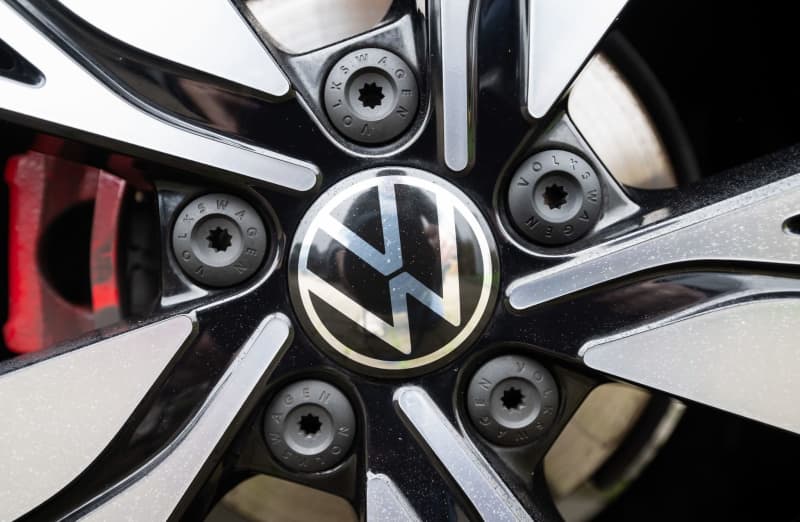Volkswagen (VW) is undergoing significant financial challenges that are prompting the automaker to consider substantial cost-cutting measures, particularly with respect to employee compensation. Among these measures is a proposal to cut anniversary bonus payments that are traditionally awarded to long-time employees as part of the company’s employee remuneration package. This decision is being communicated officially by a VW spokeswoman, emphasizing the need for the company to navigate its current economic difficulties effectively. The backdrop to this situation reveals a competitive automotive market—one that is marked by declining profits and growing pressure from rivals, compelling VW management to rethink its labor cost structures.
The potential layoffs and plant closures underscore the gravity of the situation facing VW. Labor leaders have raised alarms concerning the risk of tens of thousands of job losses as the company strives to realign its operational costs with reduced profitability. Such drastic measures have prompted negotiations between VW executives and trade union representatives regarding a new collective bargaining agreement for employees in Germany. These discussions are critical as they will determine future compensation dynamics, including the contentious proposal for a 10% cut in wages that VW management has deemed necessary to maintain competitiveness amidst escalating costs.
VW’s workforce is substantial, employing around 120,000 people throughout Germany. The majority of this workforce is concentrated in and around the company’s headquarters in Wolfsburg, where significant production activities occur. As part of its compensation structure, VW’s current collective agreement offers workers substantial anniversary bonuses after extended periods of service—specifically, bonuses of 1.45 times their monthly salary for 25 years of service and 2.90 times their salary for 35 years. However, given the company’s evolving stance, there is a palpable concern among employees regarding the anticipated changes to these long-standing benefits.
The situation is exacerbated by the timing of retirement and service milestones within the employee base. Reports indicate that nearly 6,000 employees are approaching their anniversary bonuses, with some already having reached the required tenure and received their payments. This influx of employees eligible for bonuses places additional pressure on VW’s management, as cutting these bonuses could result in widespread dissatisfaction and conflict with labor unions, which historically advocate for employee rights and compensation security.
The structural changes at VW also reflect broader trends within the automotive industry, where manufacturers are increasingly facing challenges from technological advancements and the shift towards electric vehicles. This shift necessitates not just innovation in products but also adjustments within labor strategies. Hanging in the balance are not just the annuity bonuses or wage adjustments; the future stability of production facilities and the ongoing employment prospects for thousands of workers are at stake, eliciting concern from both employees and trade union leaders as negotiations unfold.
In conclusion, Volkswagen stands at a critical juncture, with negotiations over employee compensation and potential restructuring shaping its operational future. The discussions about slashing anniversary bonuses and imposing wage cuts represent a significant shift in how the company manages its labor costs in light of competitive pressures. As VW navigates this tumultuous period, its ability to balance cost-cutting with maintaining employee morale and operational stability will be crucial not only for its recovery but also for its long-term sustainability in a rapidly evolving automotive landscape.

